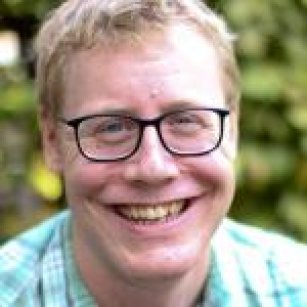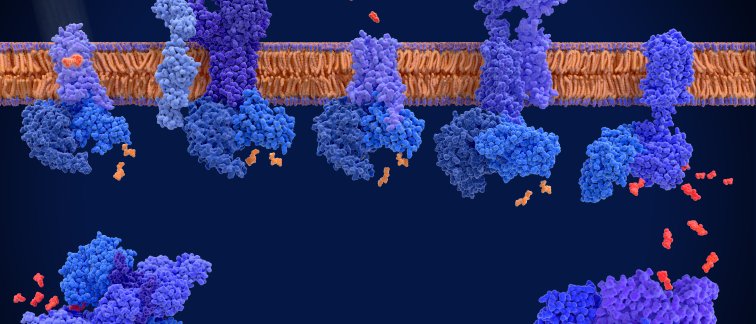Children affected with MLC face a life of increasing motor and cognitive handicap. Drug treatment is unavailable, and even a clear therapeutic target is lacking. A recent insight from the clinic forms the basis of the awarded project: child neurologist Marjo van der Knaap discovered defects in a newfound protein in a small group of MLC patients. But not much is known about this protein, a so-called G-protein coupled receptor (GPCR).
Connecting knowledge
GPCRs enable cells to respond to external stimuli, and they are exceptionally suited as drug targets. Therefore, this GPCR might be an urgently needed therapeutic target for MLC. With the ZonMW Open Competition grant, Dr. Min and his team of neuroscientists will investigate how the receptor is involved in brain volume regulation. Simultaneously, the team of Professor Leurs – specialized in the investigations of GPCRs – will investigate how the receptor signals, and search for drug-like modulators that can alter this. Finally, the teams will test whether such modulators can be used to treat MLC in preclinical models.

ZonMW Open Competition
ZonMw Open Competition funds research proposals for non-programmed, fundamental research. This funding instrument has no thematic limitations and focuses on research proposals in all scientific disciplines with a question or problem that concerns, or overlaps with, fundamental research into healthcare and innovation. Through this program, ZonMw wants to bring together researchers from two or more disciplines to facilitate excellent team science that results in groundbreaking research of exceptional quality in the field of healthcare research.

